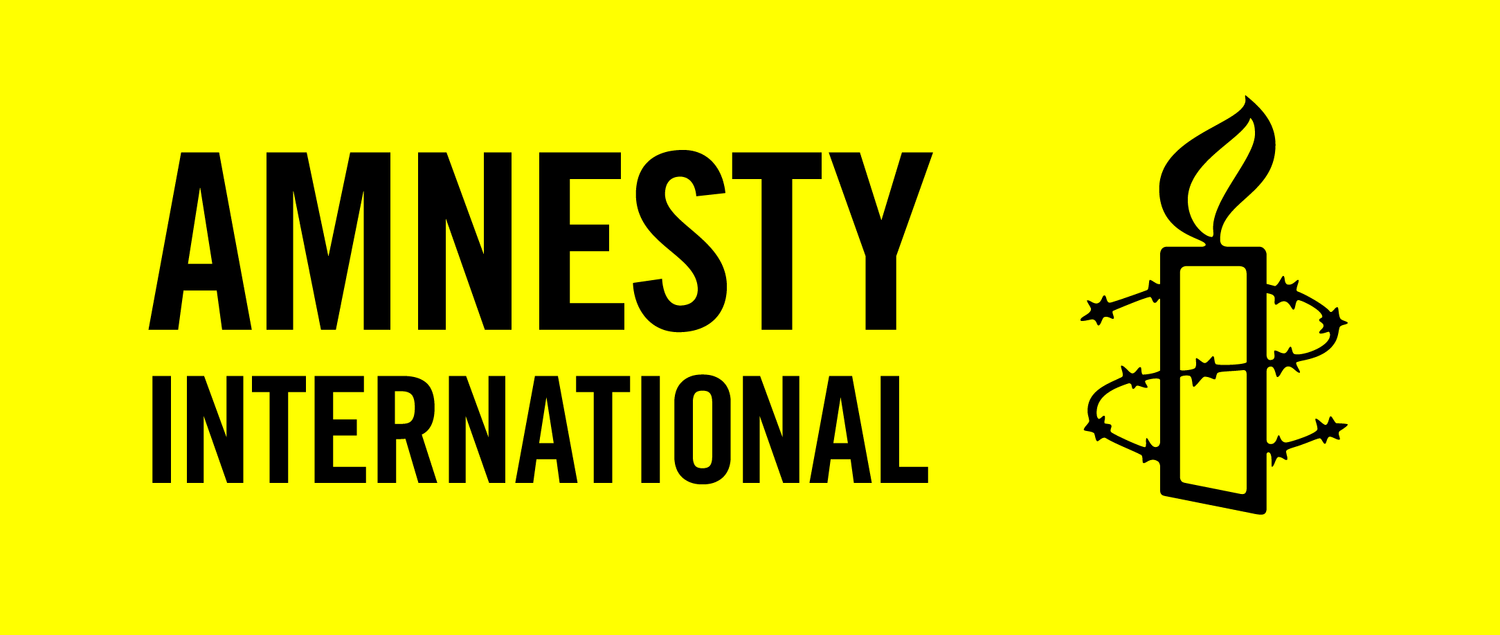As democratic movement, Amnesty entities General Meetings are an important element to foster our shared values and discuss our human rights work. It is also the opportunity to elect new leaders and decide on strategic new directions to improve our human rights impact.
Central to General Meetings and changes in leadership are planning, running and evaluating Board elections. Many entities have developed internal processes for the planning and implementation of board elections. Such processes are typically included as part of each Amnesty entity Statute, Constitution or other organisational governance policies.
Any Board elections process should ensure that the electorate, including members, get relevant and timely information about the role opened for election and the competencies of the candidates (governance knowledge, team management abilities, communication skills, interpersonal skills, specific knowledge on key human rights issues, etc.).
Board elections are closely connected with preparing leaders to take on Board positions (see module Prepare) and developing a process for Board recruitment (see article on Board Recruitment). In this context, Amnesty International has made a firm commitment that diversity should be a focus in Board leadership changes.
The Resources tab in this article offer guidelines developed by Amnesty International as well as practical tools to think through planning, running and evaluating Board elections.
However, through the Movement Building Programme, your Regional Capacity Building Coordinator can also provide support on:
Advising on all steps of the election process, good practice and Amnesty guidelines.
Advising on different ways to ensure a rigorous and fair process for Board elections.
Connecting you to other entities who may be able to provide advice or support.
Reviewing and advising on key documents such as candidates’ competencies information.
Evaluating Board elections.
See Resources for tools about Board Elections.








